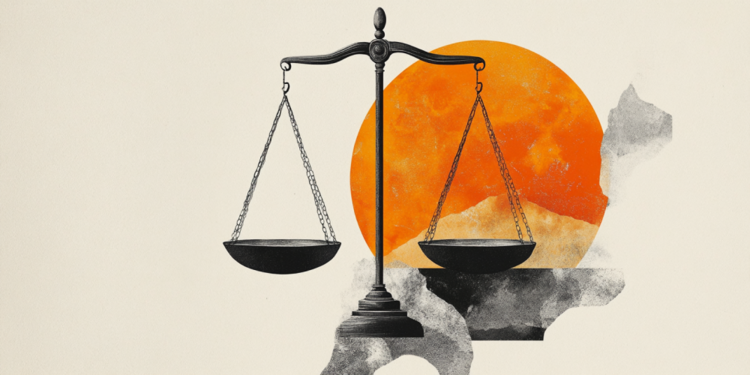There is a very common problem that affects intestinal health: constipation also known as constipation . Check out expert tips below for dealing with it, ensuring not only proper digestion of food, but also maintaining overall health.
Characterized by difficulty or infrequent bowel movements, this condition can cause discomfort and even more serious complications if not treated properly.
“Normal bowel habits can vary between three bowel movements a day to three trips to the bathroom a week . The stool should be soft in consistency, and evacuation should not cause great effort, pain or bleeding. If the patient evacuates less frequently, accompanied by effort, hardened stools that cause cramps, pain or bleeding, we say that this patient is constipated”, explains Maristela Almeida, proctologist at Edmundo Vasconcelos Hospital.
The problem may be associated with unhealthy lifestyle habits such as low fiber intake, drinking little water and a sedentary lifestyle. But it may also be linked to other factors such as hormonal changes, medication use and health conditions such as hypothyroidism, pregnancy and stress.
“Constipation can lead to several health risks such as increased abdominal discomfort, hemorrhoids, anal fissures and even the development of diverticulitis. [inflamação ou infecção no intestino grosso]. Furthermore, the accumulation of feces in the intestine can favor the proliferation of harmful bacteria and toxins in the body”, explains Rodrigo Barbosa, digestive and coloproctology surgeon on the clinical staff of the Sírio-Libanês and Nove de Julho hospitals, both in São Paulo.
How to regulate your bowels?
According to experts consulted by CNN people with constipation should seek a healthier diet and improve their lifestyle to have balanced intestinal health.
See six tips listed by doctors:
- Increase your fiber intake: include foods rich in fiber in your diet, such as fruits, vegetables, greens, grains, legumes and seeds;
- Drink plenty of water: stay well hydrated, drinking at least two liters of water a day. It is important to remember that this amount may vary according to your individual needs;
- Avoid processed foods: avoid consuming processed foods, rich in fats and sugars, which can contribute to lazy bowels;
- Practice physical activity: walking, running, swimming, weight training and other physical activities help to stimulate intestinal function;
- Bathroom routine: try to go to the bathroom at the same time every day, even if you don’t feel the urge;
- Reduce stress: Relaxation techniques, such as meditation and deep breathing, can help relieve constipation caused by stress.
“Fiber intake varies from 25 to 30 grams per day, you should drink at least two to three liters of water daily and avoid some medications that can lead to constipation, as assessed by your doctor. And lastly, always seek out a gastroenterologist to try ways to improve this constipation so that this condition does not evolve and become something more serious”, concludes Luiz Almeida, gastroenterologist and professor at Idomed Alagoinhas-BA.
This content was originally published in How to make your intestines work? See tips from experts on the CNN Brasil website.
Source: CNN Brasil
I am an experienced journalist and writer with a career in the news industry. My focus is on covering Top News stories for World Stock Market, where I provide comprehensive analysis and commentary on markets around the world. I have expertise in writing both long-form articles and shorter pieces that deliver timely, relevant updates to readers.







